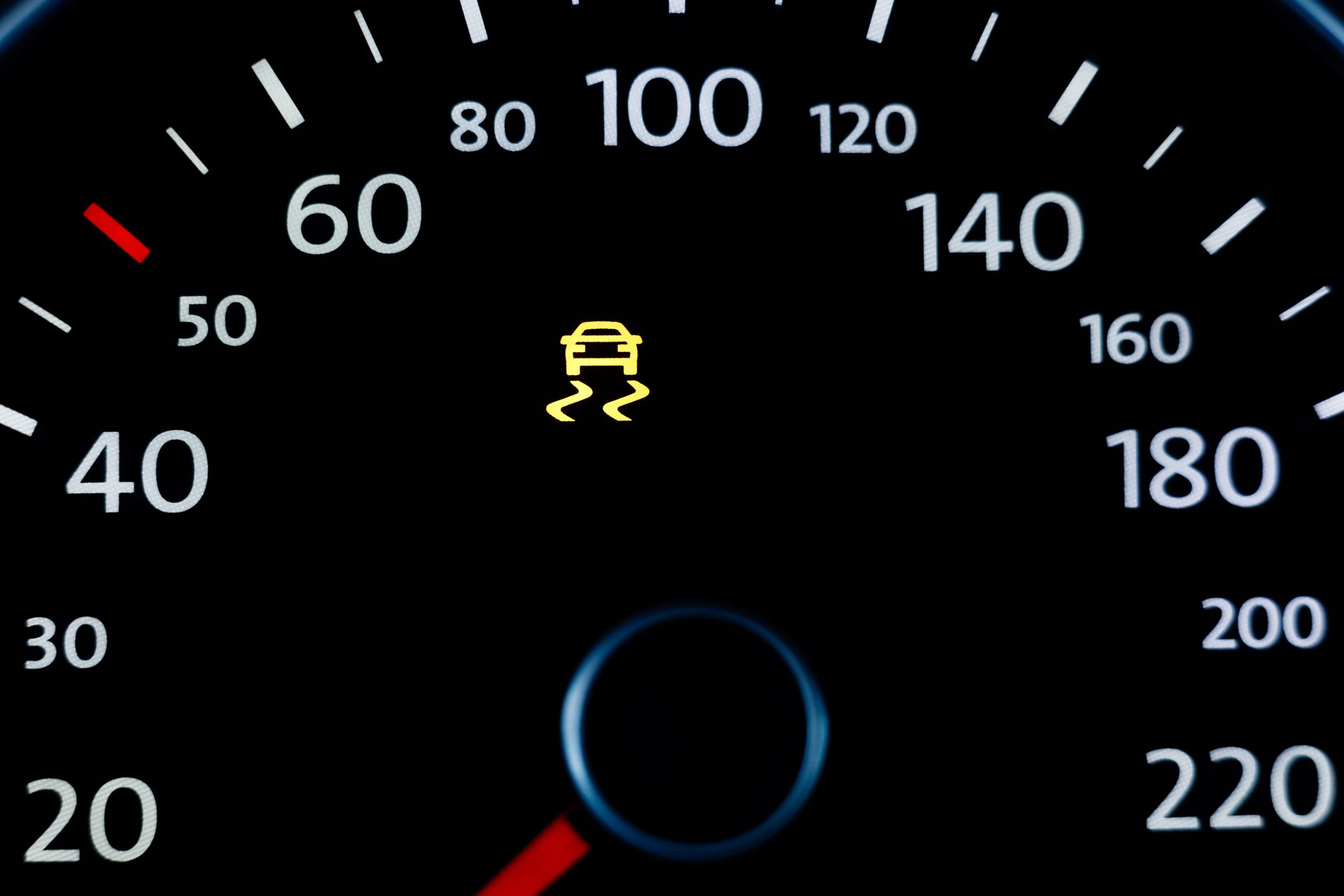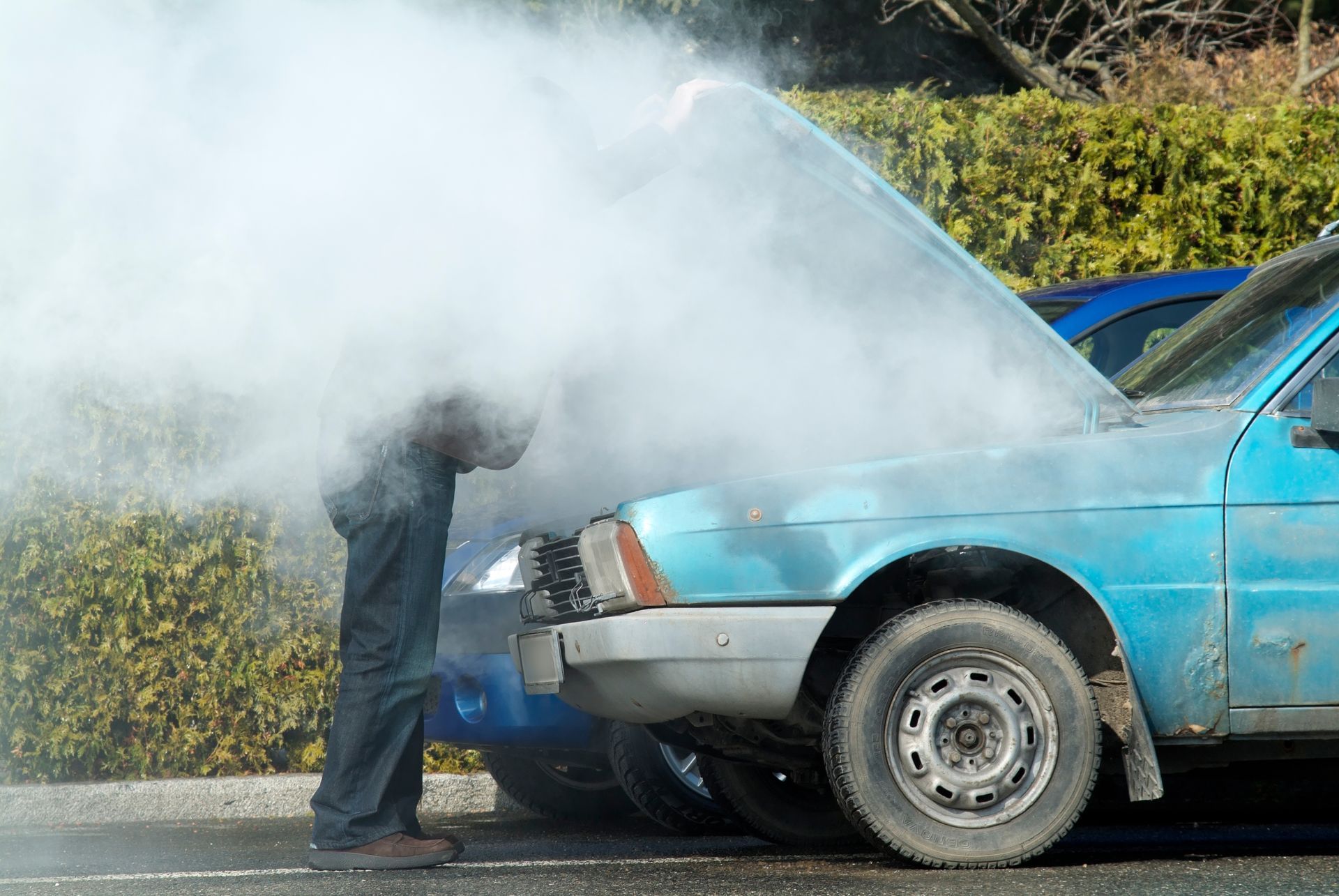MAKE AN APPOINTMENT
You do not have My Garage enabled.
Section under maintenance.

Fort Collins - NEW Location Grand Opening
Join us as we open our new South College location at 5900 South College Avenue in Fort Collins on March 16th. To celebrate, the first 100 customers who visit our new shop that day will receive a FREE oil change certificate!
MAKE AN APPOINTMENT
You do not have My Garage enabled.
Section under maintenance.
BG Automotive
Loading ...
Missing business hours data / Error occurred while getting the data.
BG Automotive, Subaru Formerly Nice Car
Loading ...
Missing business hours data / Error occurred while getting the data.
After 40 years of servicing Subaru's in Fort Collins, Bob is passing the wrenchеs to his trusted friends at BG Automotive.
(opening March 16th)
BG Automotive
MON-FRI: 08:00AM-05:30PM
BG Automotive
Loading ...
Missing business hours data / Error occurred while getting the data.
Fred's Automotive Inc Powered by BG Automotive
Loading ...
Missing business hours data / Error occurred while getting the data.
BG Automotive
Loading ...
Missing business hours data / Error occurred while getting the data.

Fort Collins - NEW Location Grand Opening
Join us as we open our new South College location at 5900 South College Avenue in Fort Collins on March 16th. To celebrate, the first 100 customers who visit our new shop that day will receive a FREE oil change certificate!
★
★
★
★
★
Review
MAKE AN APPOINTMENT
You do not have My Garage enabled.
Section under maintenance.
BG Automotive
Loading ...
Missing business hours data / Error occurred while getting the data.
BG Automotive, Subaru Formerly Nice Car
Loading ...
Missing business hours data / Error occurred while getting the data.
After 40 years of servicing Subaru's in Fort Collins, Bob is passing the wrenchеs to his trusted friends at BG Automotive.
(opening March 16th)
BG Automotive
MON-FRI: 08:00AM-05:30PM
BG Automotive
Loading ...
Missing business hours data / Error occurred while getting the data.
Fred's Automotive Inc Powered by BG Automotive
Loading ...
Missing business hours data / Error occurred while getting the data.
BG Automotive
Loading ...
Missing business hours data / Error occurred while getting the data.
BG Automotive
Loading ...
Missing business hours data / Error occurred while getting the data.
BG Automotive, Subaru Formerly Nice Car
Loading ...
Missing business hours data / Error occurred while getting the data.
(opening March 16th)
BG Automotive
Loading ...
Missing business hours data / Error occurred while getting the data.
MON-FRI: 08:00AM-05:30PM
BG Automotive
Loading ...
Missing business hours data / Error occurred while getting the data.
BG Automotive
Loading ...
Missing business hours data / Error occurred while getting the data.
Fred's Automotive Inc Powered by BG Automotive
Loading ...
Missing business hours data / Error occurred while getting the data.
Having Trouble
Finding Us?
Loading ...
Missing nap lines data / Error occured while getting the data.










